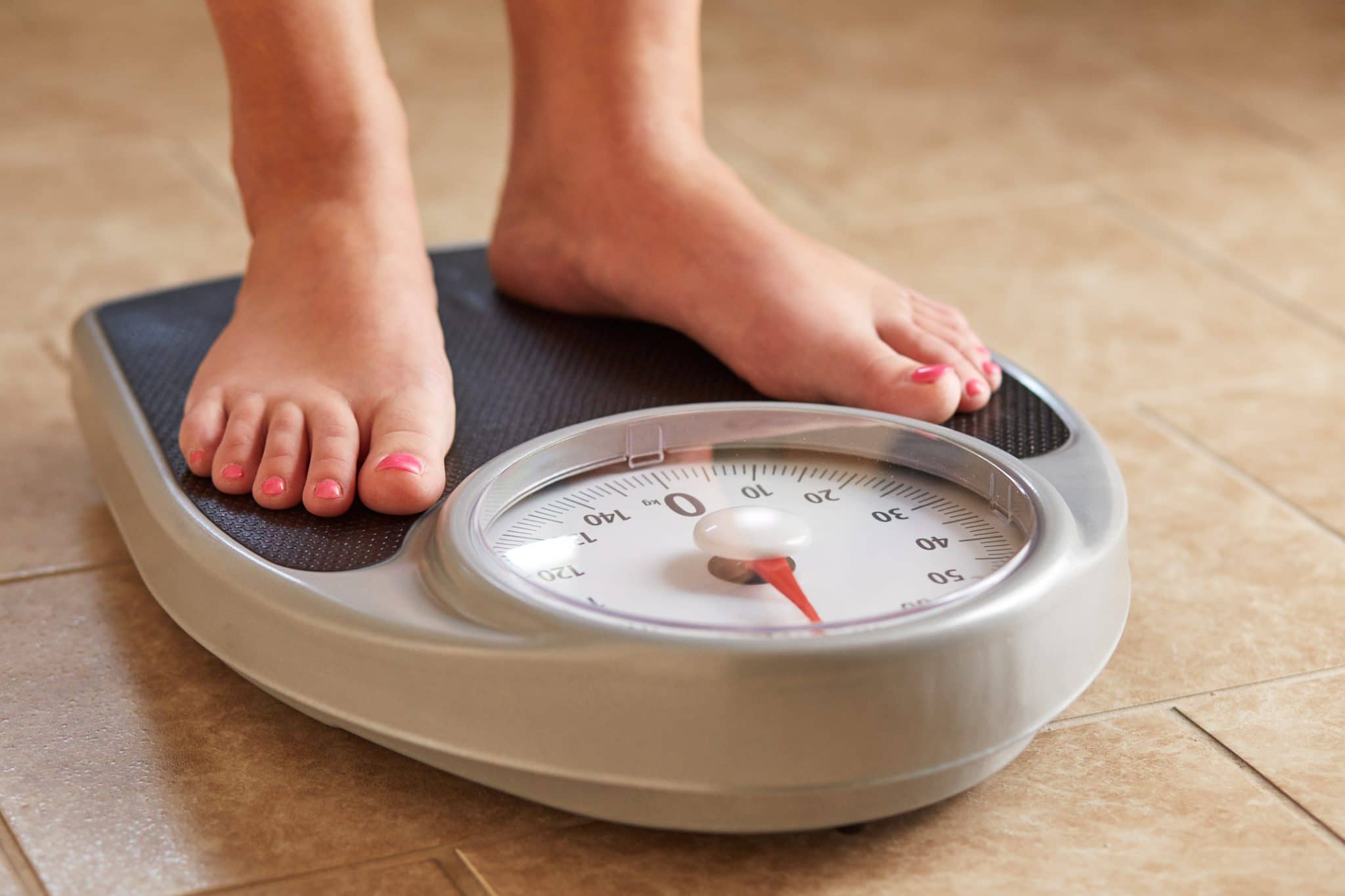How many times have we congratulated someone on losing a lot of weight?
We’re intrigued by this monumental feat. We tend to ask tons of questions. How did you do it? How long did it take you? Was it difficult? What made this time different? Were you having cravings? How has your weight loss affected your daily routine? How were you able to get past a weight-loss plateau?
The two of you go your separate ways and a few months pass by. You happen to bump into each other at a nearby coffee shop to be later on astounded that this person has gained the weight back on. You’re rooted to your spot, as you stand still in disbelief. You come to a few conclusions, one of which is:
Shedding weight off and meeting your fitness goals is one thing, but keeping the weight off for good is another.
Stick to these important secrets gathered from some of the top experts to ensure that you will be keeping the weight off.
1. Schedule your workouts.
As Roger. E Adams (personal trainer, doctor of nutrition, and owner of eatrightfitness) explains, the problem that usually arises is a lack in the “scheduling process”. It becomes “finding time” rather than “making time” to work out. If your workouts lean more to “finding time”, then this means that being active ranks in your lowest priorities. This is why you should make sure that you schedule your workouts beforehand, so that your workouts are consistent, frequent and efficient.
2. Monitor your weight.
Once you reach your ultimate goal of losing all that excess weight, do not get carried away and throw out your scale just yet. You will need it to monitor your weight weekly to guarantee that you are not gaining the weight back. According to Christine M. Palumbo (registered dietician and nutrition expert), monitoring your progress at least once per week will allow you to know where you stand and will give you the necessary incentive to keep on track.
3. Meal prep.
Kristen Wilk (MS, RDN) claims: “Having a healthy dinner waiting for you in your fridge makes it far easier to pass on the mozzarella sticks and hot wings at happy hour. Knowing you spent time prepping nutrient-packed ingredients makes grabbing takeout far less enticing.” Just like scheduling your workout, making sure that you have all your meals planned ahead will make you less likely to make bad and costly food decisions.
4. Get adequate sleep.
Sleeping more is equally as important to eating healthy and exercising. The National Sleep Foundation explains how lack of sleep and increased appetite are interlinked with one another. Apparently, the body regulates two neurotransmitters (ghrelin and leptin) through sleep. Once these neurotransmitters are not operating normally, you will feel less full and your appetite will increase.
Conclusion: If you’re looking for life-long results, the way to go is to eat healthy instead of focusing on a diet. Making permanent changes in your lifestyle is a must.




